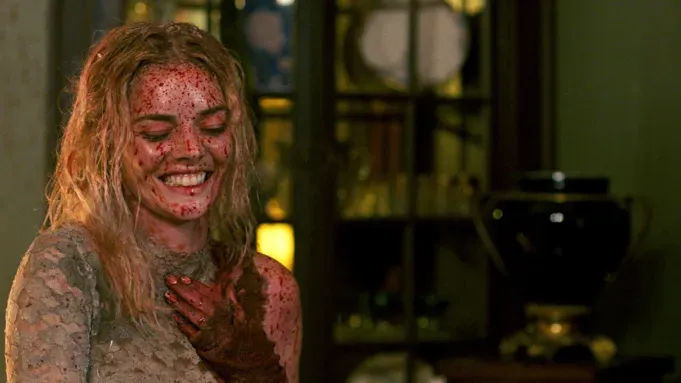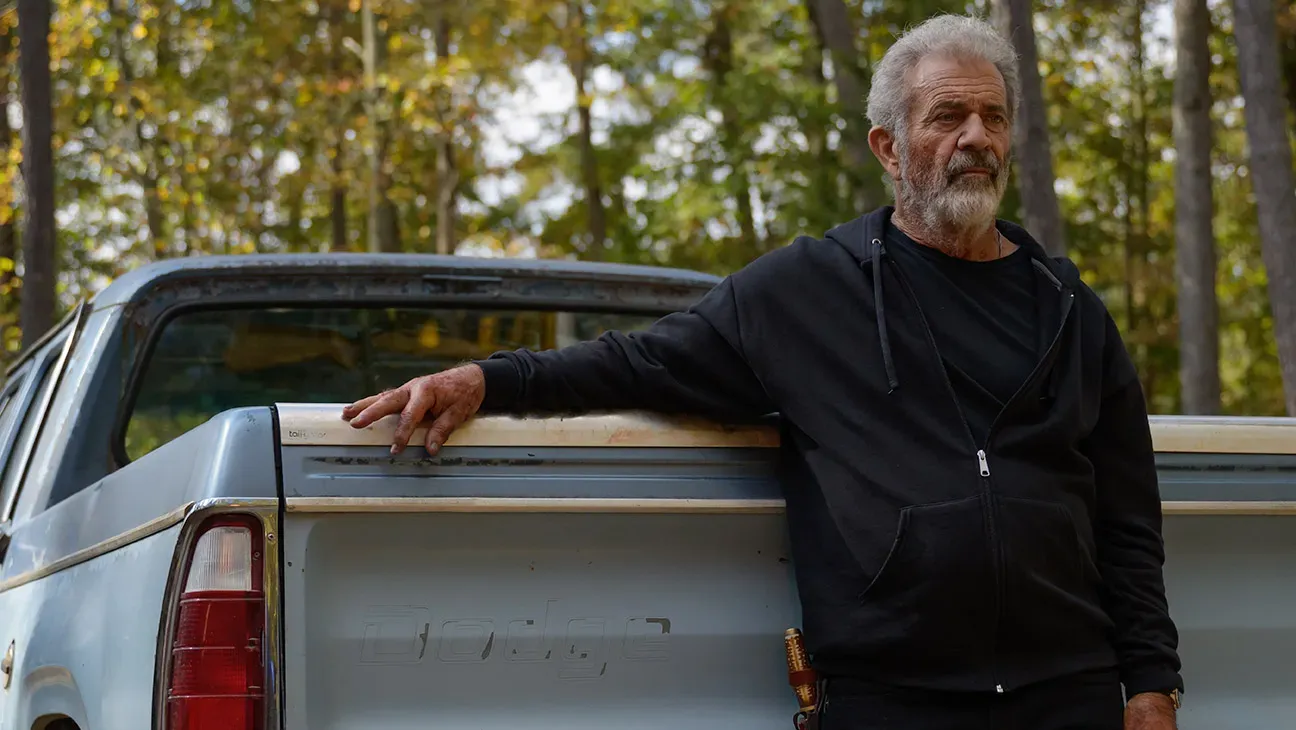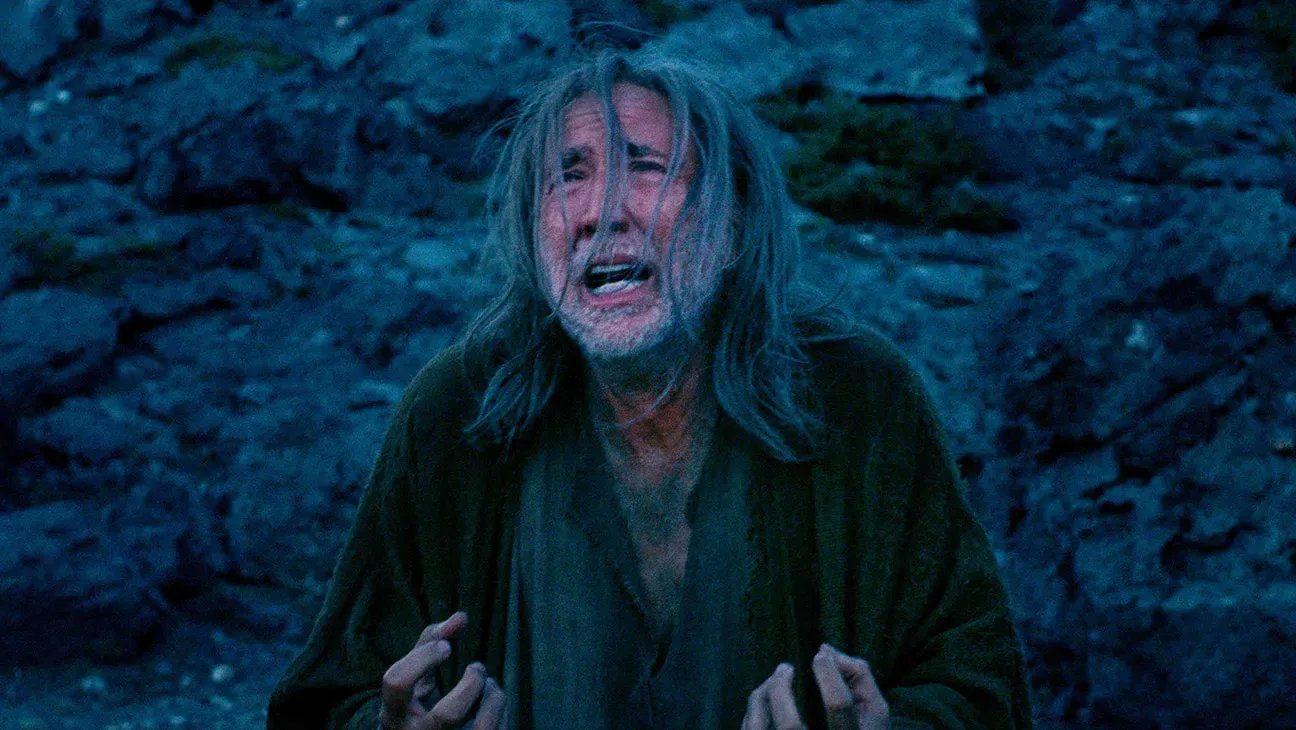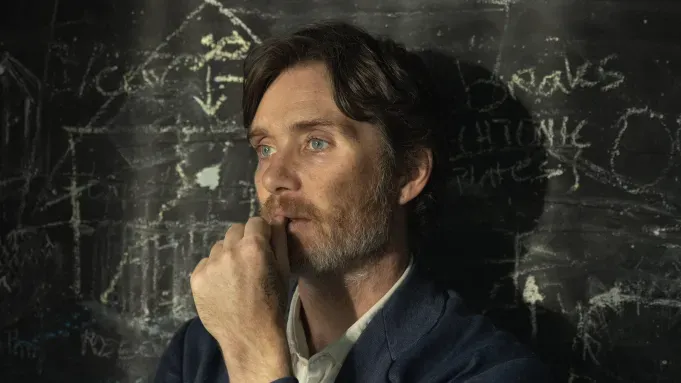
"Steve" Pops the Bubble: A Heartfelt Take on Reform School Reality & the Human Connection
- Oct 2, 2025
Picture this: it's a sunny afternoon at Stanton Wood, an English reform school offering a lifeline to teenage boys plagued by mental health problems and troubling behaviors. Enter snooty local MP, Sir Hugh Montague Powell, more concerned about the pronunciation of his honorific and name than the well-being of the kids or the staff trying their best to guide them.
Class clown Steve manages to burst the visiting bigwig's arrogant bubble with a clever question that ends in a cheeky insult - a rare moment of humor in a usually chaotic environment. If you have enjoyed "Adolescence," Netflix bet you'll love this heartrending, yet compassionate slice of societal reality.
"Steve" marks the third creation by Belgian director Tim Mielants and actor Cillian Murphy, following their powerful drama about Church-mandated abuse and several episodes of Peaky Blinders. A narrative shift from the novella "Shy” focuses on Steve, a tireless and strained headteacher magnificently performed by Murphy.
Keeping the precariously under-funded Stanton Wood in check, Steve devotes a huge chunk of his time pacifying fights and calming explosive situations. The climax is an intimate heart-to-heart with the students, which showcases Steve's deep emotional connection with the boys beyond their volatile classification.
The movie is set in 1996, a significant year that marked the end of 18 years of Conservative rule, which slashed social care services in Britain. With the burden now on for-profit companies or charities, director Mielants illustrates a single day in the life of Steve and his under-supported staff battling multiple struggles.
"Steve" cleverly avoids playing the sympathy card or vigorous rhetoric by letting impactful scenes such as the MP's visit speak volumes by themselves.
During the making of a TV news segment on Stanton Wood, the crew's mad scramble to document altercations and misbehavior reveals the report's lean towards stigmatizing the institution rather than providing a balanced perspective.
Amidst these, the film lands a devastating blow. Steve (along with his dependable deputy head Amanda, brilliantly portrayed by Tracey Ullman) is blindsided by the news that the Trust is withdrawing its funding, putting the school's future in peril. The news unleashes in Steve a ferocious rage, almost mirroring the boys' disruptive behavior.
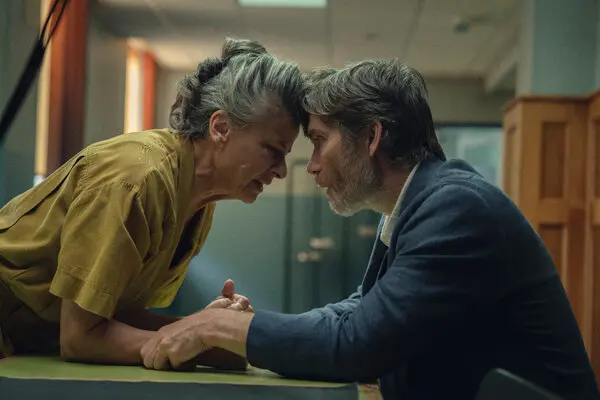
Newcomer Shy punctures hearts with whispers of regret saying he wishes to start life afresh as a four-year-old, but without making the same mistakes. His poignant confession is indeed an eloquent testament to the life-changing role of the school.
The movie takes you on a turbulent ride, from the nerve-jangling first half filled with flaring tempers to a calming tone symbolized by a joyous soccer game in the pouring rain. The narrative then slowly pivots the lens towards the teachers.
Steve, grappling with the aftermath of an accident, copes by resorting to painkillers and secret sips of liquor. Despite all messiness, Steve holds onto the balance of kindness and firmness, effectively quelling the students' tensions.
Adding to the drama is school therapist Jenny (played by Emily Watson), particularly during outbursts with Shy and Tyrone, and her evident concern over Steve's strained coping mechanisms.
Amidst all the masterfully interwoven segments of the news interview, scenes with Shola (Simbi Ajikawo, aka rapper Little Simz) signal a shift to the staff fears and concerns.
Just when you think you have the story pinned down, "Steve" delivers some unexpected twists to keep you guessing, reeling you back into the reality of the teachers’ lives outside school.
In the face of all-consuming despair, "Steve" elegantly switches lanes from desperation to optimism, indicating that the boys' futures are well worth the fight.



